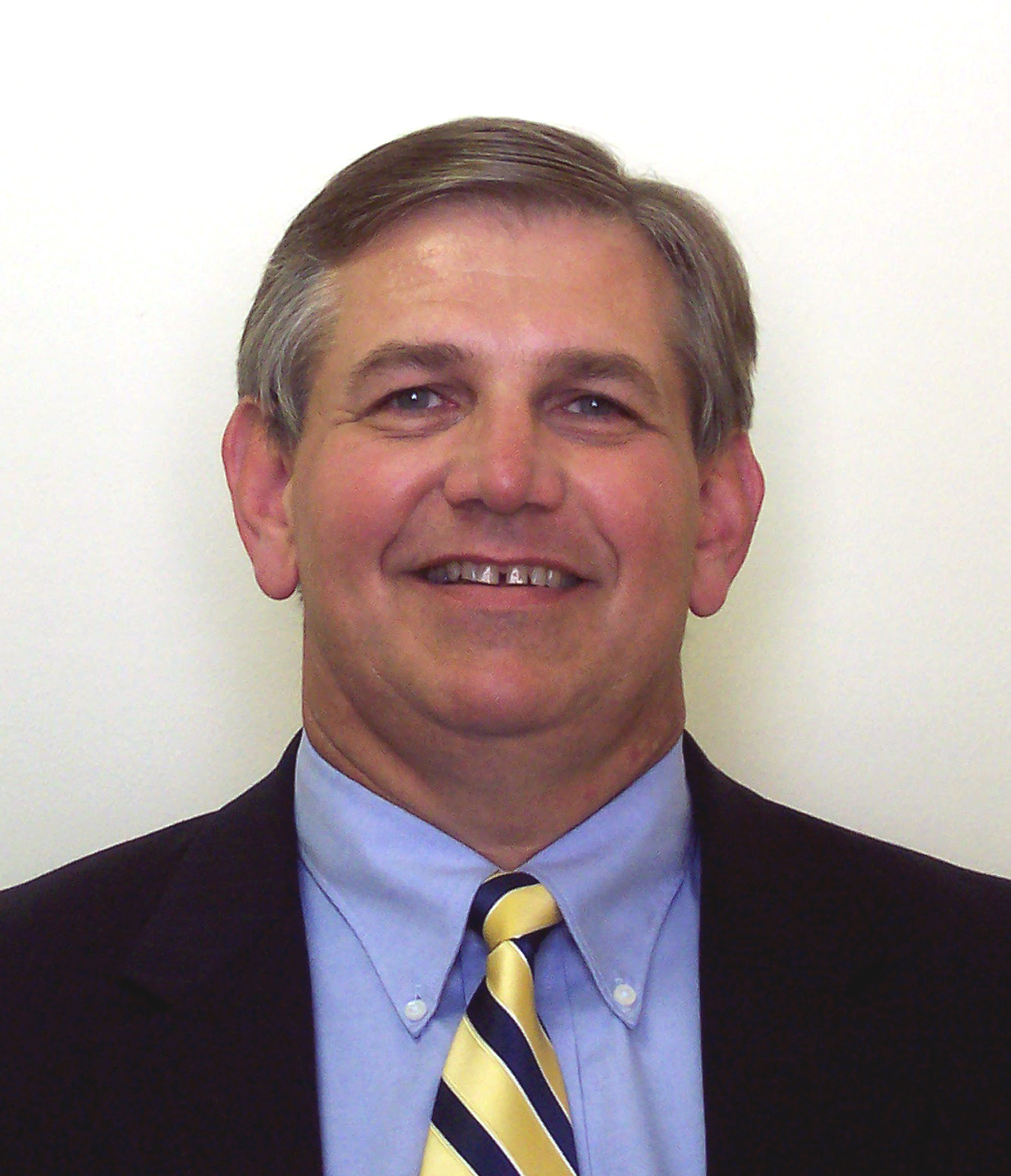Electric car maker Tesla Motors is fighting a somewhat quixotic battle with state governments over the right to sell cars direct to the public. This may seem surprising in the age of Internet shopping, but the U.S. auto industry still operates under rules laid down a hundred years ago.
You can buy direct at the Apple Store, order corrective lenses at 1-800-Contacts, book a flight on Southwest Airlines, and fritter away your retirement savings with any number of discount brokers for $8 per trade. But you can't buy a new car without going through a franchised dealer, even if you don't need a test drive.
The system of franchised auto dealerships traces back to the early 20th century. Since that time, quite a few things have changed. But how you buy a car is essentially unchanged since your grandparents bought their Model T.
Most states have laws requiring auto manufacturers to sell their products through franchised dealers. While the roots of this archaic system can be traced to the days of Henry Ford, the Internet age clearly renders this arrangement anachronistic and costly to consumers.
And few buyers fully appreciate the additional cost imposed by this de-facto oligopoly. A recent study by the U.S. Department of Justice estimates that consumers pay 6 percent to 9 percent more for a new vehicle thanks to state protection of dealers.
Furthermore, the system perpetuates a distribution model that many consumers find distasteful but to which they have no alternative. The same Justice Department paper cites a survey indicating that half of new car buyers would prefer to purchase directly from the manufacturer to avoid the dealership experience even if they did not save any money.
So just how is it that a system that so obviously disadvantages consumers is mandated by law?
It turns out that on average, 20 percent of state sales tax revenues come from auto dealers; hence lawmakers have a strong incentive to protect the status quo. And dealers represent a ready source of campaign cash to politicians, contributing roughly $3.2 million in 2012 according to NPR.
Enter Tesla Motors. The maker of high-end electric cars has elected to eschew the dealership model and sell direct to consumers. And it has run into a buzz saw of opposition from entrenched interests.
Upstarts like Tesla threaten to cut the states out of tax dollars, and local panjandrums are not taking the threat lying down. Texas, presumably a bastion of free enterprise, has refused to allow Tesla to establish its own company-owned dealerships in the state, as has Virginia. The North Carolina state Senate passed legislation making it a crime to buy any car direct from the manufacturer (although the state House defeated the bill).
It is richly ironic that Tesla itself is a creature of government largess. It would not exist without numerous loans, mandates and tax credits from the U.S. government and would not be economically viable on its own. But the roadblocks Tesla has faced illuminate the antiquated state-mandated cartel that controls car sales and costs consumers and taxpayers some serious cash.
Christopher A. Hopkins, CFA, is a vice president at Barnett & Co.

